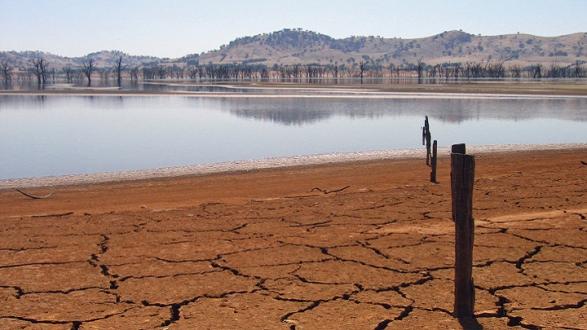In June, a Pacific Council national delegation traveled to Washington, D.C., to meet with leaders of organizations at the forefront of U.S. efforts to mitigate global water challenges.
As water issues rise on California's agenda and on the global agenda, delegates sought to better understand and address chief concerns of scarcity, access, sanitation, and management in conversation with representatives of The White House Council on Environmental Quality, U.S. Department of State, United States Agency for International Development (USAID), National Oceanic and Atmospheric Administration (NOAA), and The Wilson Center.
This is an overview of the key points that emerged from the visit.
____________________
1. Water is fundamentally a local issue.
Establishing a global framework around water issues is therefore difficult, particularly as water raises questions of sovereignty. Delegates heard several case studies, from U.S. inter-state disputes to the long-running international dispute between Ethiopia and Egypt over Nile waters and the building of Africa's biggest hydroelectric dam. USAID representatives reported that they had just returned from a visit to California's central valley to learn about the local response to the state’s worsening drought – one of the most severe on record.
2. Water is an extremely complex issue that cuts across many policy areas.
Delegates explored several areas that intersect with water challenges, including energy, conservation and ecosystem management, the human right to clean water access, global health, climate change and earth science, national security, economic development, and food security.
The range of intersecting issues makes finding solutions to water problems quite challenging. For example, efforts to conserve water in certain communities by replacing leaky pipes would result in limiting access to water for the poor who rely on those leaks as a source for their water.
3. Water implicates many different entities internationally and nationally.
Delegates were surprised when each agency they met with had a differing estimate of the number of federal agencies involved in tackling water policy issues. There exists no official headcount of agencies involved in water policy - estimates ranged from 24 to 40 different agencies. Internationally, the
United Nations has 40 different components that work on some aspect of water policy.
____________________
Ms. Malinda Lee, a member of the Pacific Council on International Policy, contributed to this overview.




